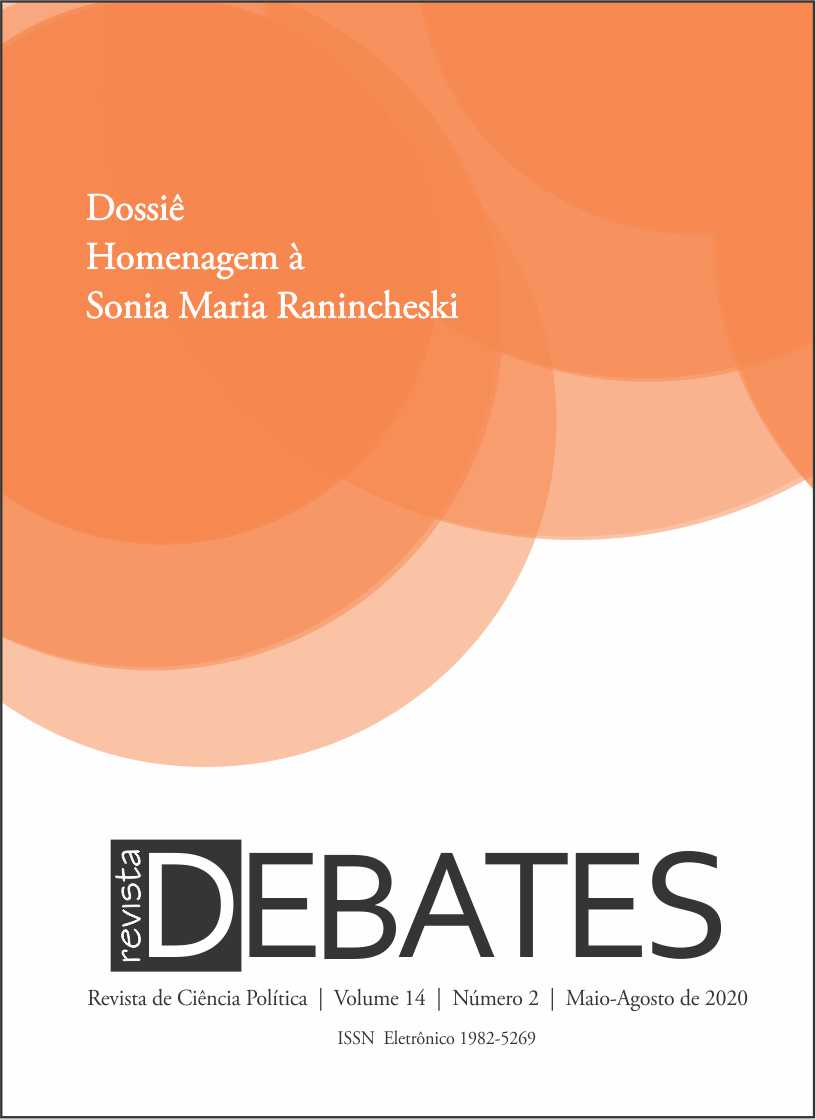Law is law? Maurice Duverger and the Senate election in Brazil
DOI:
https://doi.org/10.22456/1982-5269.99047Keywords:
Duverger Law, Effective Number of Parties, District Magnitude, Brazilian Senate, Political PartiesAbstract
What is the effect of the magnitude in the Effective Number of Parties (NEP) of the election for Brazilian Senate? This paper analyzes the relationship between the electoral and partisan systems in Brazil. Specifically, we test the hypothesis that magnitude has a positive and significant effect on the effective number of parties. We believe that Senate elections are a good laboratory to test Duverger's propositions because they maintain the electoral formula but allow for a switch in magnitude. Methodologically, we analyzed data from the Superior Electoral Court (TSE) for the last six elections (1998-2018). We used descriptive and inferential statistical techniques to estimate the magnitude effect, controlling for some other variables. The main results indicate that: 1) the magnitude has a positive and significant effect on the NEP; 2) the Duvergerian balance is more frequent in elections of one third; 3) concurrent elections have a significant effect on the NEP.Downloads
Download data is not yet available.
Downloads
Published
2020-08-27
How to Cite
Silva Júnior, J. A., Nascimento, W. S., Lima, A., & Omena, W. (2020). Law is law? Maurice Duverger and the Senate election in Brazil. Revista Debates, 14(2), 153–180. https://doi.org/10.22456/1982-5269.99047
Issue
Section
Articles



